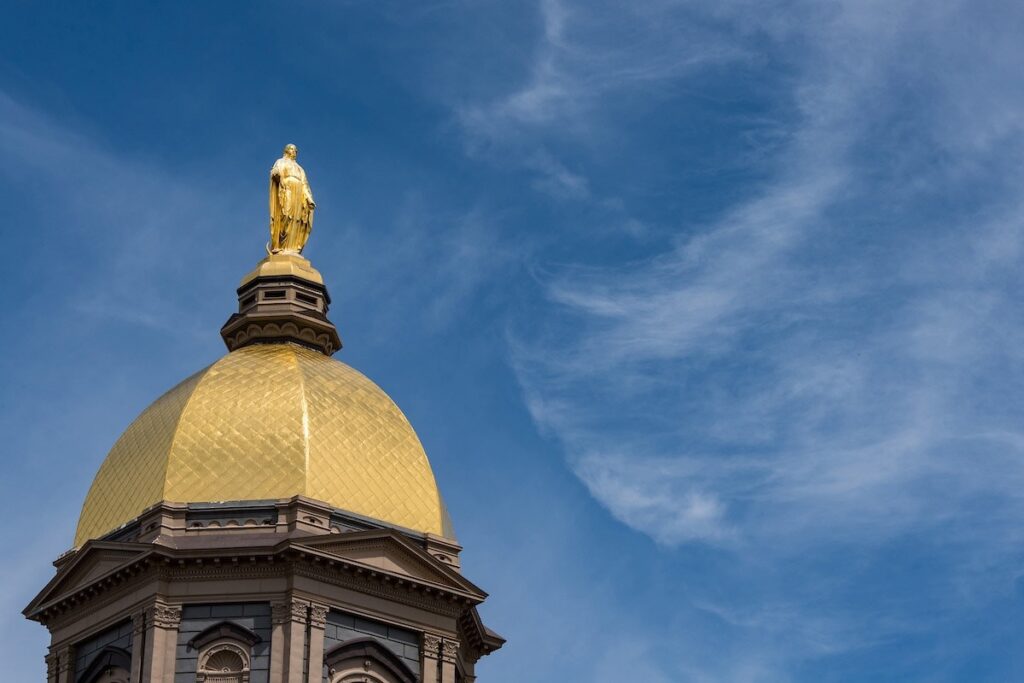Unseasonably Warm Weather Sparks Climate Change Reflection
As the final days of October unfolded, temperatures soared to nearly 80 degrees in my dorm room, an anomaly for this time of year. While the warmth was welcomed by many, the underlying causes were left largely unspoken. Amidst casual remarks about the unusually pleasant weather, a deeper conversation about climate change remained absent.
The reluctance to discuss climate change is not uncommon. It’s a topic that evokes discomfort, especially when considering the long-term consequences on our planet. For some, it is easier to deny any changes, while others prefer to ignore the issue altogether. However, there is a compelling argument that, as stewards of God’s creation, we have a responsibility that extends beyond our immediate concerns.
Theological Insights and Environmental Stewardship
The teachings found in Genesis 1 and 2, often explored in introductory theology classes, emphasize the deliberate creation of the world by God. At Notre Dame, these themes are explored in courses like Foundations of Theology. The question arises: why are we failing to protect what was so carefully crafted?
The challenge of addressing climate change often intersects with politics, complicating the conversation. Ideally, a collective acknowledgment of our duty to the planet would prevail, but historically, political agendas have been intertwined with environmental policies. This reality was palpable as I watched the 2020 election unfold, concerned by the implications of Donald Trump’s stance on climate change and his selection of Chris Wright, a proponent of fossil fuels, as Energy Secretary.
A Call to Christian Values
Interestingly, many of Trump’s supporters are devout Christians. Whether or not climate change influenced their votes, the broader implications of their choices on environmental policy cannot be overlooked. Genesis 1:28 commands humanity to steward the Earth responsibly, yet our actions often contradict this directive.
Pope Francis, in his encyclical “Laudato si’,” echoes the sentiment of stewardship, drawing on the teachings of St. Francis of Assisi. The Pope highlights the interconnectedness of humanity and the planet, urging a familial approach to environmental care. This perspective invites reflection: how can we better protect our shared home?
Facing the Environmental Tipping Point
Scientists warn of imminent tipping points for critical ecosystems like coral reefs and glaciers. The prospect of irreversible climate change is daunting, yet acknowledging and addressing it is crucial. Silence and inaction are not viable options.
A shift in mindset is essential. Matthew 22:39 encourages us to “love your neighbor as yourself.” This principle extends to future generations and the world they will inherit. As Notre Dame students, we are encouraged to be a “force for good,” which includes addressing the disproportionate impact of climate change on low-income countries.
Actionable Steps for Change
Although climate change should transcend politics, voting remains a powerful tool for environmental advocacy, especially at the local level. Individual actions also hold weight. Opt for public transportation, conserve energy, and reduce waste to contribute to a collective impact.
While I am not an expert in climate science or politics, my Catholic faith guides my belief in the importance of environmental stewardship. The potential within the Notre Dame community to foster a deeper commitment to our planet is immense, and the time to act is now.
Original Story at scholastic.nd.edu
